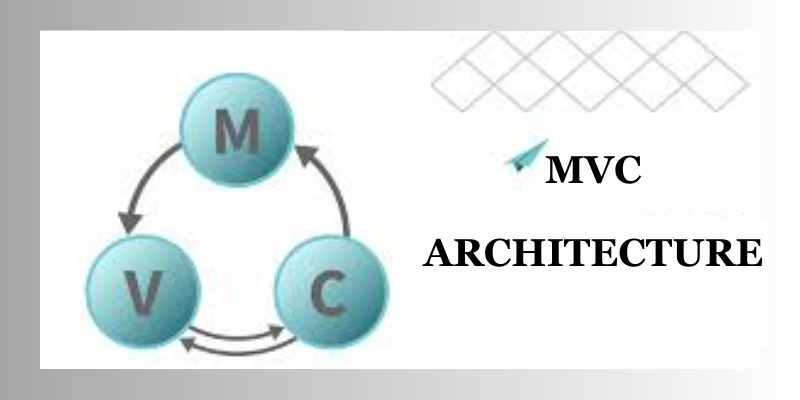
Model-View-Controller (MVC) is a widely adopted architectural pattern in software development, known for its ability to enhance code organization, maintainability, and scalability. However, like any approach, MVC implementation comes with its set of challenges that developers must navigate to build robust and efficient applications. In this blog post, we delve into some common challenges faced during MVC implementation and explore strategies to overcome them. Let’s explore the importance of these attributes and why they are essential for developers. Dedicated MVC Classes in Chennai empower developers to craft dynamic and responsive applications.
Complexity Management
- One of the primary challenges in MVC implementation is managing the complexity that arises from the interactions between the Model, View, and Controller components. As applications grow in size and complexity, coordinating the flow of data and actions between these layers becomes increasingly intricate. This complexity can lead to code duplication, tight coupling, and difficulties in understanding and maintaining the codebase.
- To address this challenge, developers can adopt design patterns such as Dependency Injection, Observer Pattern, and Mediator Pattern. These patterns help decouple components, promote code reusability, and facilitate easier maintenance and testing.
Testing Across Layers
- Comprehensive testing is crucial for ensuring the reliability and stability of MVC-based applications. However, testing across the Model, View, and Controller layers presents its own set of challenges. Similarly, UI testing the View layer involves distinct strategies and tools tailored for user interface validation.
- To overcome testing challenges, developers can leverage frameworks like JUnit, NUnit, or pytest for unit testing. They can also use tools like Selenium or Cypress for UI testing. Additionally, employing mock objects and stubs is beneficial for isolating components during integration testing.
Maintainability
- Maintaining a clean and manageable codebase is essential for long-term project sustainability. In MVC architecture, maintaining separation of concerns and avoiding spaghetti code are key objectives. However, as features evolve and requirements change, maintaining code quality and organization can be challenging. Embrace the advantages of enrolling in MVC training in Chennai to enhance your skills and embark on a rewarding journey in the ever-evolving field of web development.
-
Scalability Planning
- As applications grow in terms of user base, data volume, and functionality, scalability becomes a key consideration. Scaling MVC applications to handle increased traffic, concurrent users, and expanding feature sets requires careful planning and architectural decisions. Developers can design for scalability by adopting scalable database solutions and implementing load balancing and caching strategies. They can also use microservices architecture for modular and independently scalable components. Additionally, regularly monitoring and optimizing performance metrics is crucial for scalability.
- Maximize your potential by joining the Software Training Institute in Chennai, where you can boost your skills for a fulfilling career in the continuously evolving domain of web development.
While MVC offers numerous benefits in software development, addressing the challenges in its implementation is crucial for building robust, maintainable, and scalable applications.
